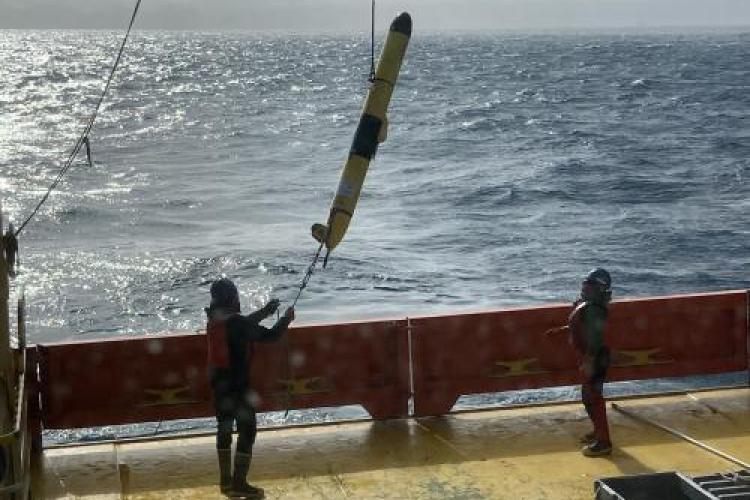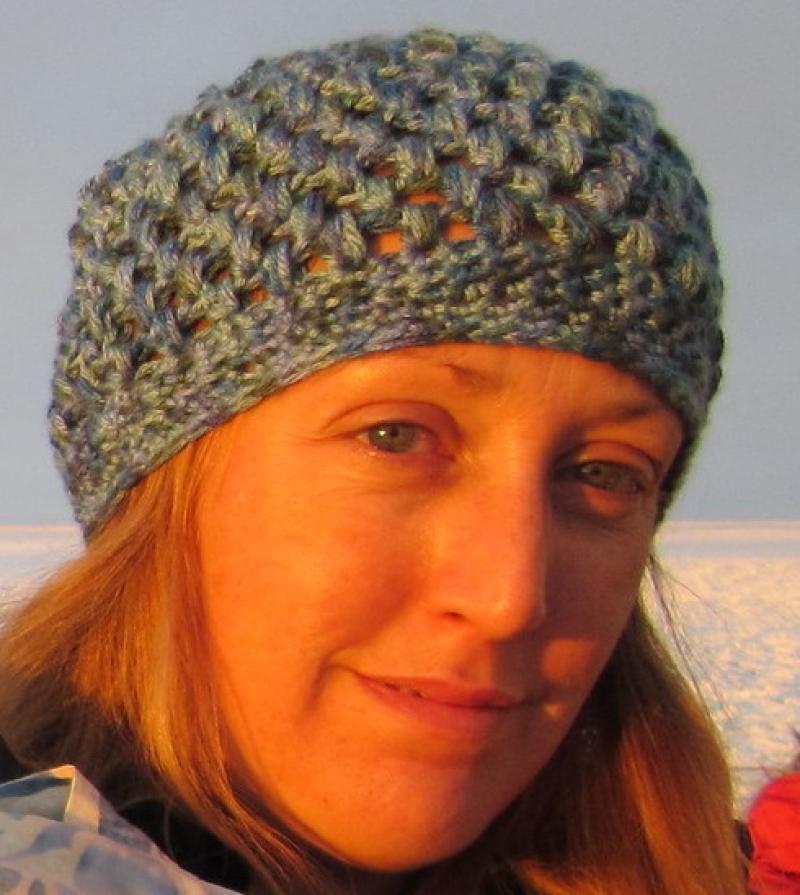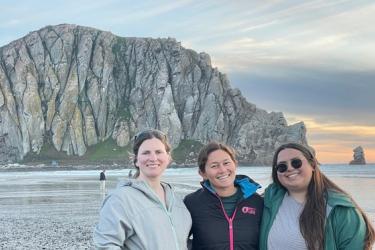An American football game is technically one hour long. But, because of penalties, time outs, and commercial breaks, it usually takes more than three hours to play those 60 minutes.
This whole field season felt like a football game. After more than six months of planning, preparing, packing, shipping, traveling, and quarantining, we were in the field for only four weeks.
But what a four weeks it was.
The campers are back on the research vessel and on their way back to Punta Arenas after a whirlwind of data collection on fur seals and penguins at Cape Shirreff.
The gliders are also back on the research vessel and on their way back to Punta Arenas after a whirlwind deployment around the Antarctic Peninsula.
But the gliders almost weren’t.
The glider we deployed along the western Antarctic Peninsula was, in the words of our colleagues on the ship, “fussy.” Throughout its deployment, it liked to abort—or abruptly end—its mission for issues we were unable to fix while it was deployed. When a glider aborts its mission, it sends angry emails and text messages until a pilot pays attention to it—much like a toddler throws a tantrum to get a response from an adult. By the end of the deployment, this glider was having daily tantrums, and sometimes multiple tantrums per day (or night). Its main problem was maintaining an Iridium connection, which hindered our ability to give it new instructions when we needed to change how deep it dove, or where it was headed.
The day we recovered this glider was rough and windy, so we planned to move the glider into the lee of a small island, out of the wind to protect the Zodiac that would retrieve it. We were nervous the glider wouldn’t stay connected long enough to receive new instructions on where to go—how would we recover it if we couldn’t talk to it? Luckily, the glider came through when it counted, got its instructions, and snuggled up next to the island, where it was recovered safely.
One down, one to go.
As soon as the ship finished retrieving the first glider, it zipped north to Cape Shirreff to close the field camp and retrieve the second glider. The wind had gotten worse, so the ship found a protected spot to wait for the winds to calm down.
It sat there and waited. And waited. And waited.
The wind kept blowing.
We started to get nervous. The recovery window was closing fast. The ship wouldn’t leave for Punta Arenas until it had closed the camp and retrieved the campers, which meant that eventually they’d have to launch a Zodiac. But if closing the camp took too long or it was too dangerous to stay out in the Zodiac, they would leave the glider and try to recover it on the next cruise, in February.
We decided to try to make it easy for the ship. We guided the glider inshore to within less than half a mile of where the ship was hiding—in a protected bay a little more than half a mile off the coast of Livingston Island. We figured that if the glider was that close, the ship could quickly recover it if even a small weather window opened up.
Unfortunately, a weather window did not open up, and we found ourselves in a bit of a pickle. I described in my last post how big gliders hate shallow water and strong currents. Well, that’s exactly where we had put the glider to make it easy for the ship. The currents started dragging the glider farther and farther southeast away from the ship, into dangerously shallow water where even a Zodiac wouldn’t go.
At this point, it was a good thing that the wind kept blowing, because it forced the ship to wait to close the camp. An additional 18 hours of strong wind bought us enough time to move the glider north into deeper water. The morning after the original camp closing date, the winds died down enough to launch the Zodiac. The camp was closed, the campers were retrieved, and the glider was recovered.
I would like to say that I knew all along that everything would work out, but I’d be lying. I’m just glad everything did.


